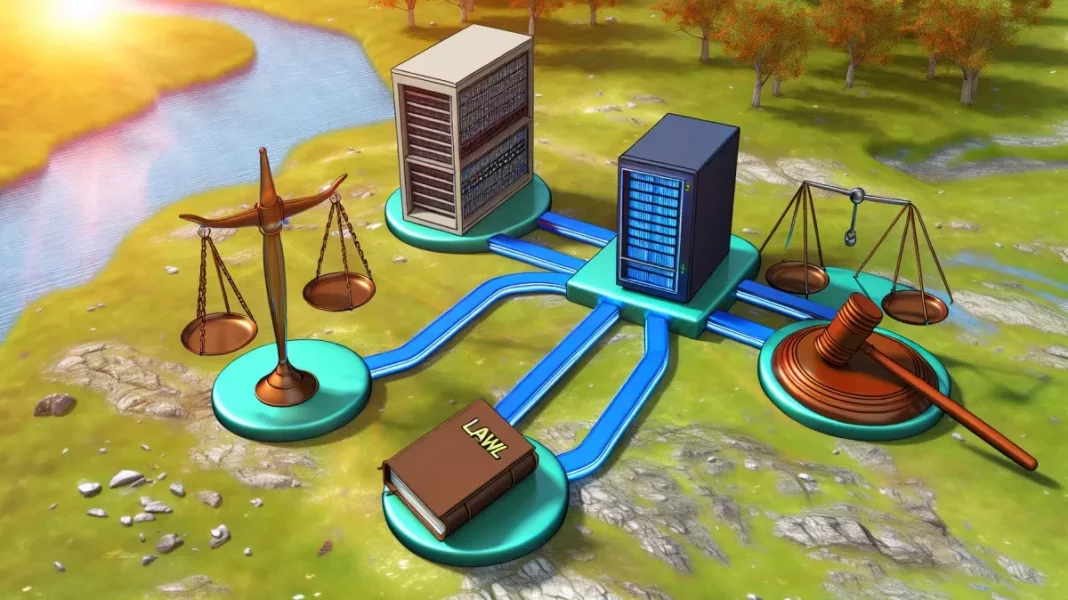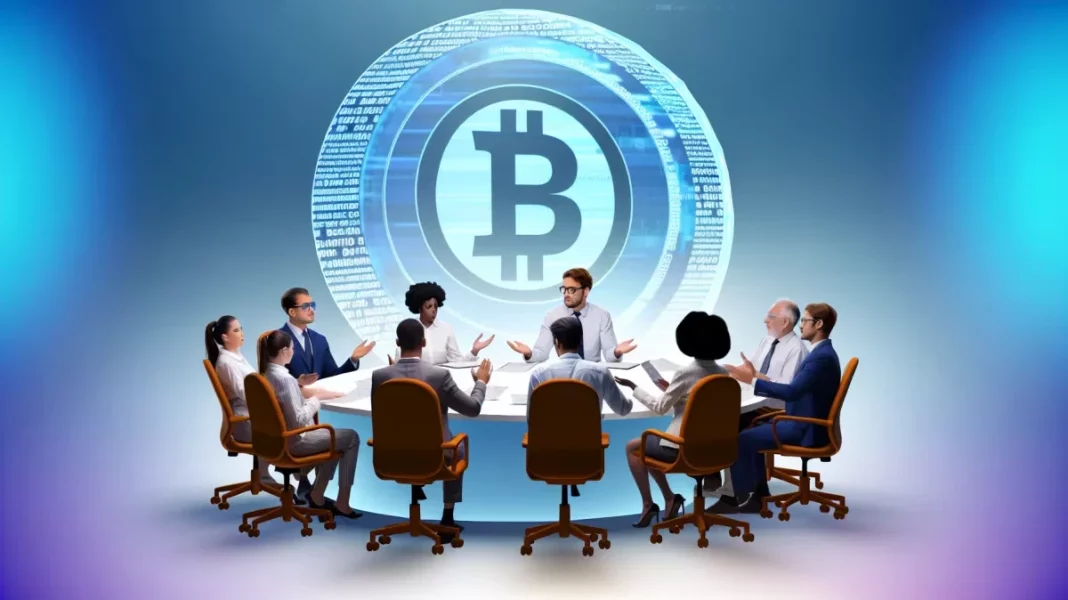Blockchain Technology and Its Role in Gaming Laws: Navigating the New Digital Frontier
The gaming industry has always been one of dynamic change and innovation, continually pushing the boundaries of technology and social interaction. As we move deeper into the 21st century, blockchain technology is poised to be the next great disruptor, promising to revolutionize gaming not just as a pastime, but as a hotbed of economic activity. With its potential to redefine ownership, foster trust among participants, and create new opportunities for developers and gamers alike, blockchain is rapidly becoming a focal point of legal discussions. These burgeoning conversations are not just theoretical; they are crafting the very fabric of gaming laws and regulations worldwide.
At the heart of blockchain in gaming is the concept of decentralized ownership. Traditionally, when gamers purchase digital assets or in-game items, they’re not acquiring actual ownership, but rather a license to use those items within the confines of the game. Blockchain, however, empowers players with real ownership through non-fungible tokens (NFTs) — unique digital tokens that represent a wide array of tangible and intangible items. This shift dramatically alters the legal landscape, as questions regarding the transfer, trade, and economic value of these digital assets come to the fore.
The implementation of blockchain in gaming also introduces a new paradigm in terms of transparency and security. Distributed ledger technology, upon which blockchain is founded, ensures that every transaction or change within the game environment is recorded in a tamper-evident, immutable manner. This level of transparency addresses some of the gaming industry’s most persistent issues, such as fraud and cheating. However, it also introduces new legal challenges: How do privacy laws reconcile with the transparent nature of the blockchain, and what are the implications for data protection?
Unsurprisingly, economics forms a significant part of the conversation around blockchain in gaming. Cryptocurrencies and tokenization facilitate new forms of in-game economies where assets can be bought, sold, or traded on open markets, often with real-world value. This blurring of lines between virtual and real economies complicates existing gaming regulations, which often don’t account for the monetization of digital assets outside the gaming platform. Regulators are scrambling to understand and control these new economies, balancing the need to protect consumers with the desire to foster innovation.
Intellectual property (IP) rights add another layer of complexity. As blockchain allows for the creation and distribution of unique digital items, issues of copyright and trademark come into sharper focus. Game developers and IP owners must navigate this new terrain to protect their rights while also providing room for the innovative use of blockchain to create novel gaming experiences. There are legal implications in terms of modifying, copying, or distributing these digital assets, and the decentralized nature of blockchain presents a challenge for enforcement.
Consumer protection is another critical area impacted by blockchain. The integration of decentralized finance (DeFi) elements into gaming platforms, such as staking or earning interest on cryptocurrency holdings within the game, raises the stakes. Such financial activities are typically subject to rigorous regulatory standards. In the uncharted waters of blockchain gaming, ensuring consumer protection without stifling the technology’s potential requires a nuanced approach from lawmakers and regulators.
The international aspect of blockchain gaming and its legal implications cannot be understated. With gamers and developers participating from all over the world, differing regional laws create a patchwork of regulations that can be difficult to navigate. Questions about jurisdiction and enforceability arise: If a gamer in one country sells a digital asset to someone in another country, which legal system applies? As nations and international bodies grapple with these issues, there’s an increasing need for harmonization of laws to support the global nature of blockchain gaming.
Finally, the potential for blockchain to support entirely new forms of gaming experiences — such as decentralized gaming platforms (DApps) that operate without a central authority — challenges the traditional regulatory models that are based on overseeing centralized entities. Regulators must now consider how to approach these decentralized structures and the user communities that govern them.
In conclusion, blockchain technology is not only transforming the way we play games but also the legal frameworks that support the gaming industry. With issues ranging from true digital ownership and economic models to consumer protection and IP rights, the emergence of blockchain-based gaming is forcing us to redefine the legal boundaries of virtual spaces. As this digital frontier continues to expand, one thing remains certain: the dialogue between innovation and regulation will be ongoing, demanding adaptability, open-mindedness, and collaboration among all stakeholders in the gaming ecosystem. As we architect this new digital vista, the intersection of blockchain and gaming laws will undoubtedly be a fascinating nexus of modern legal and technological development.



